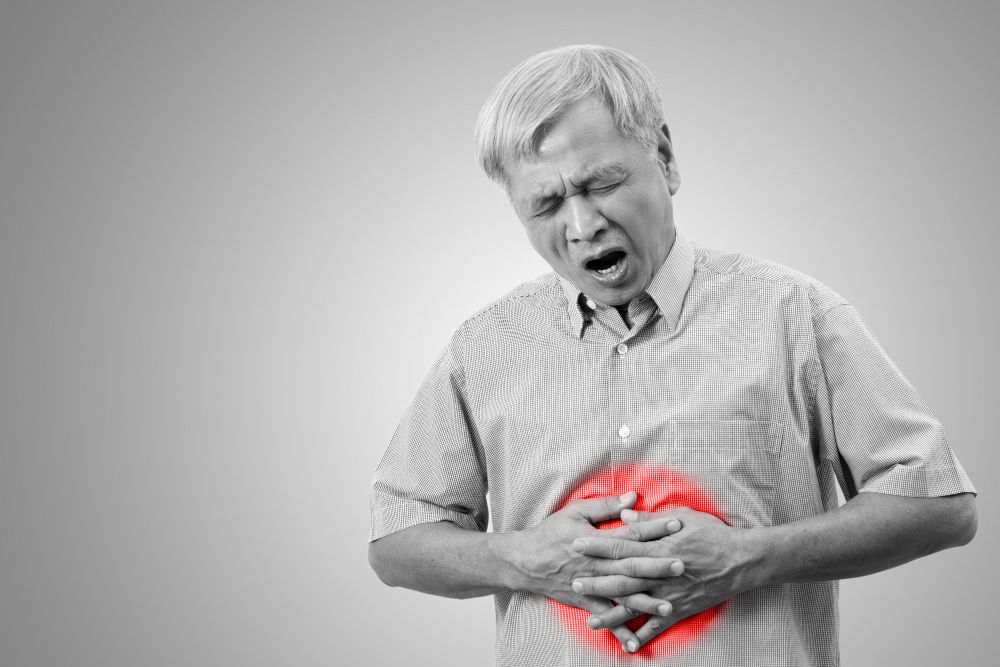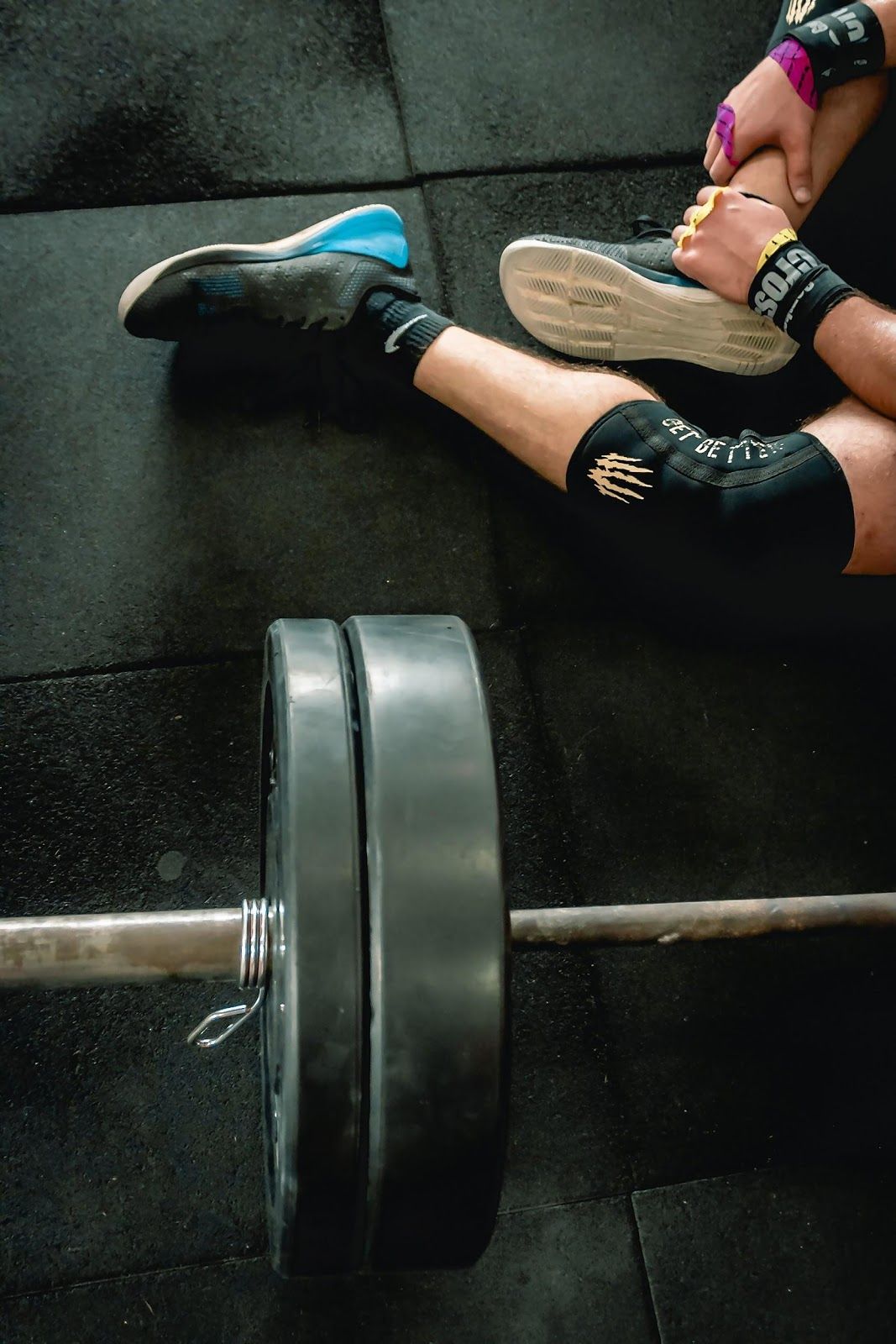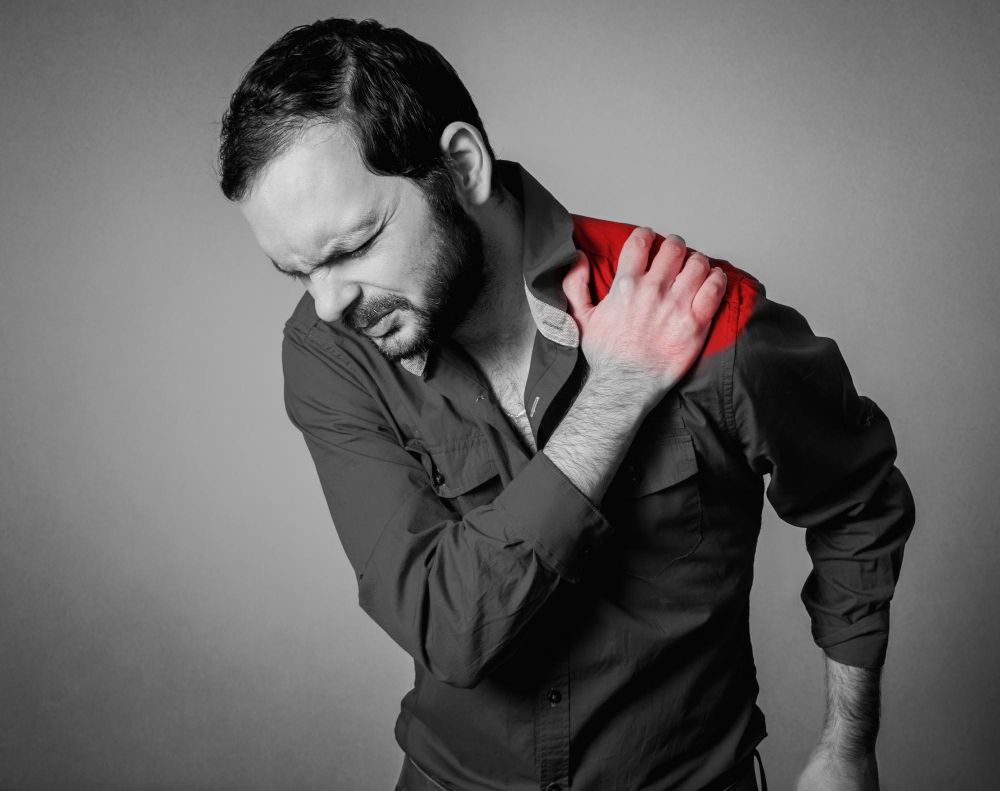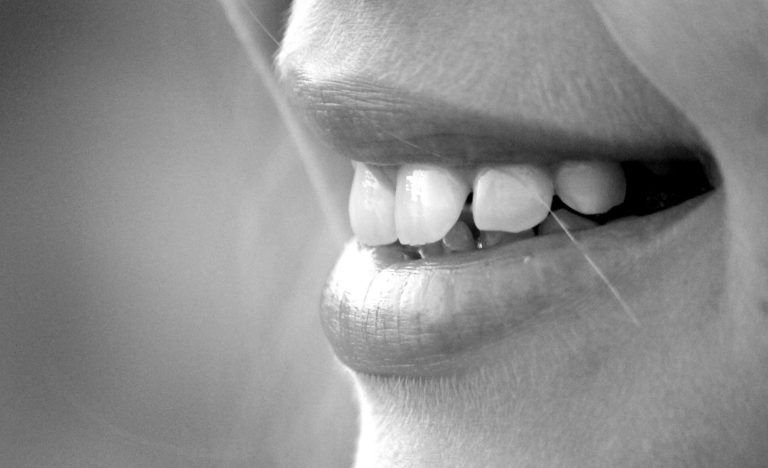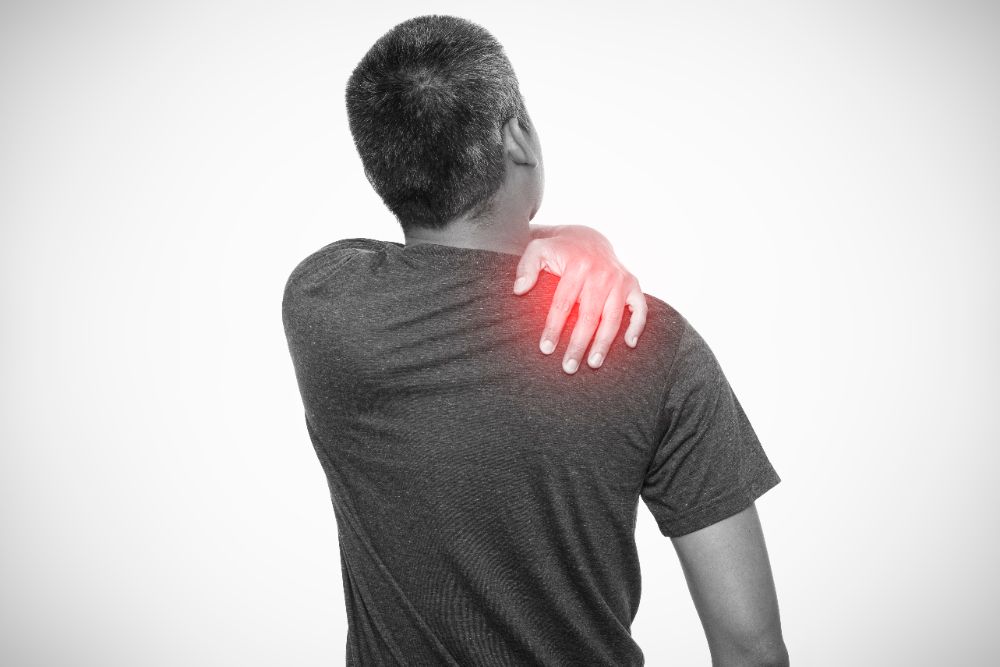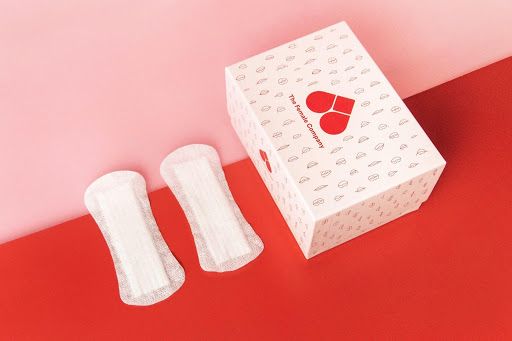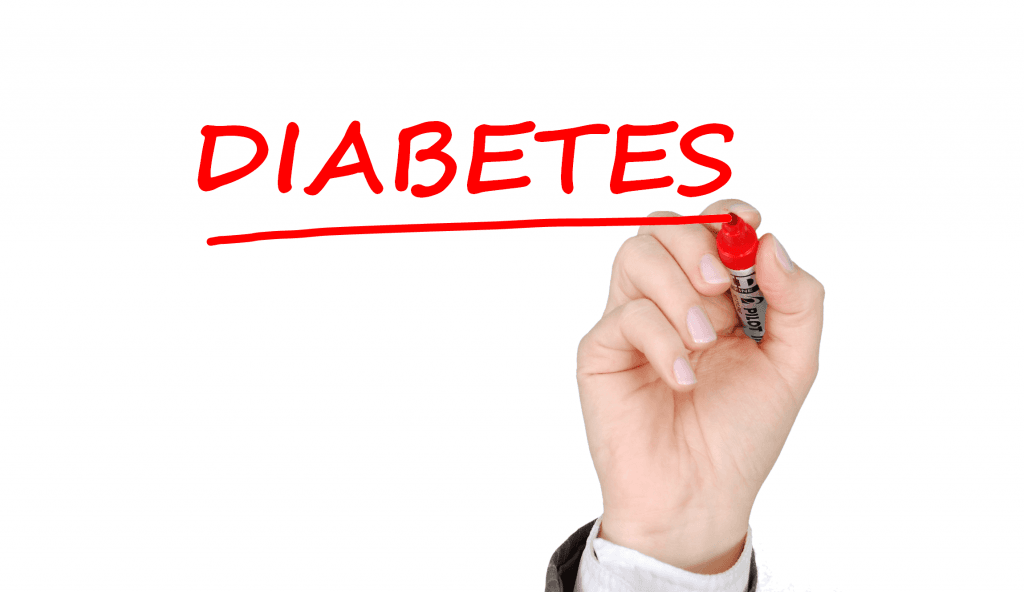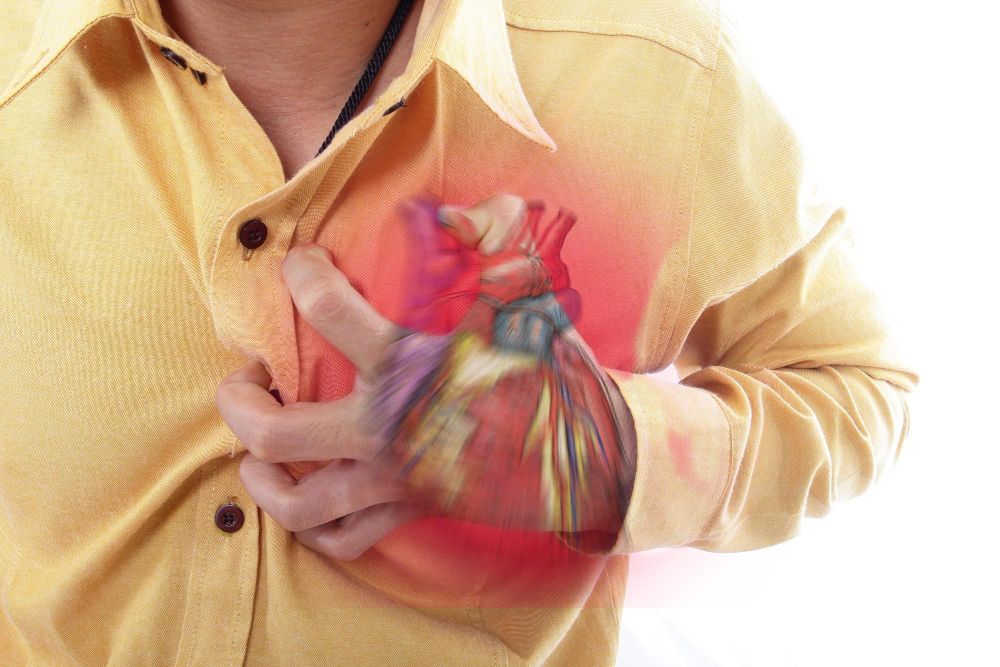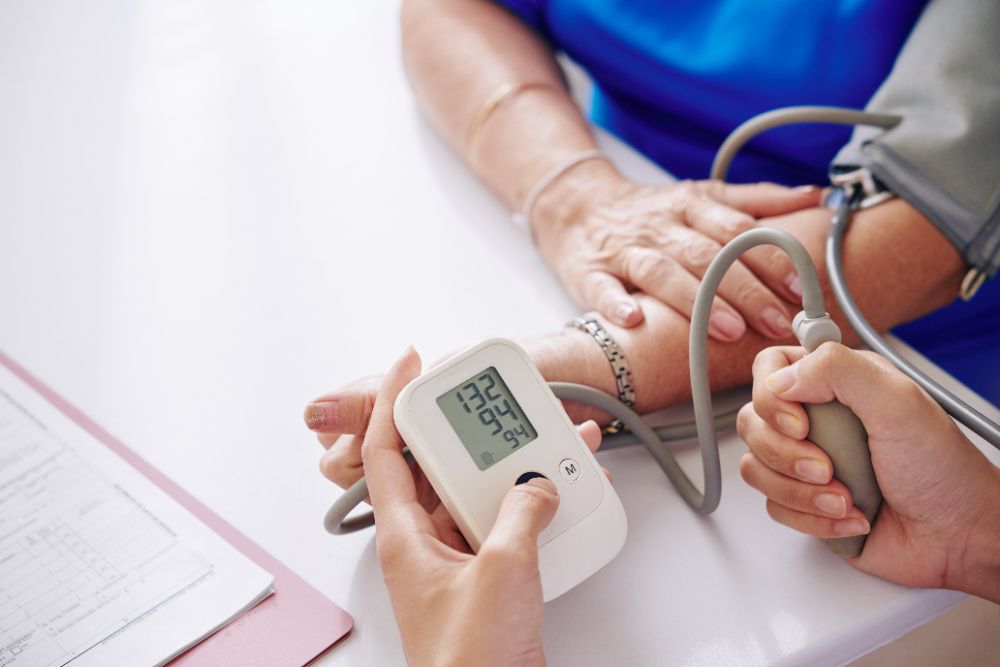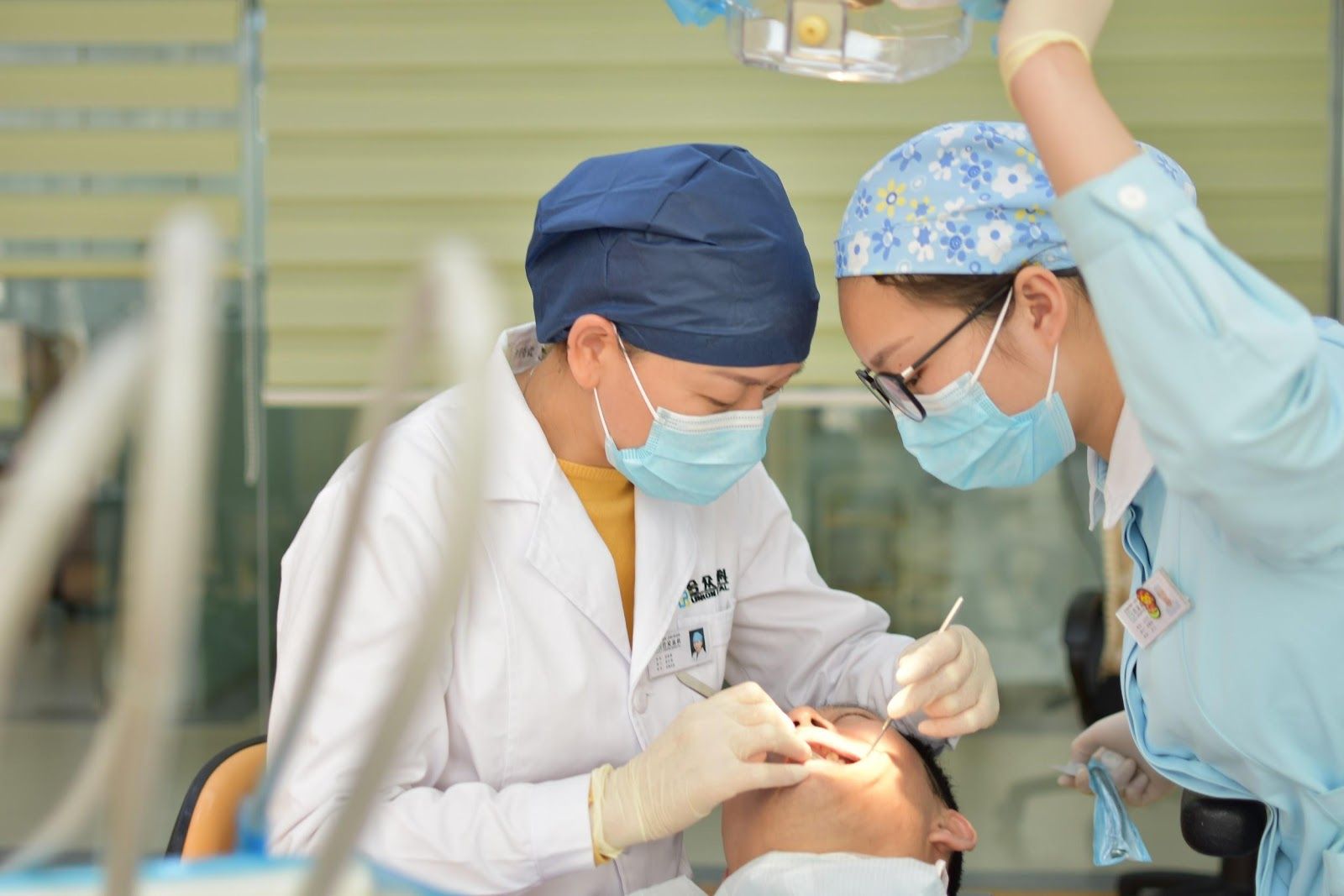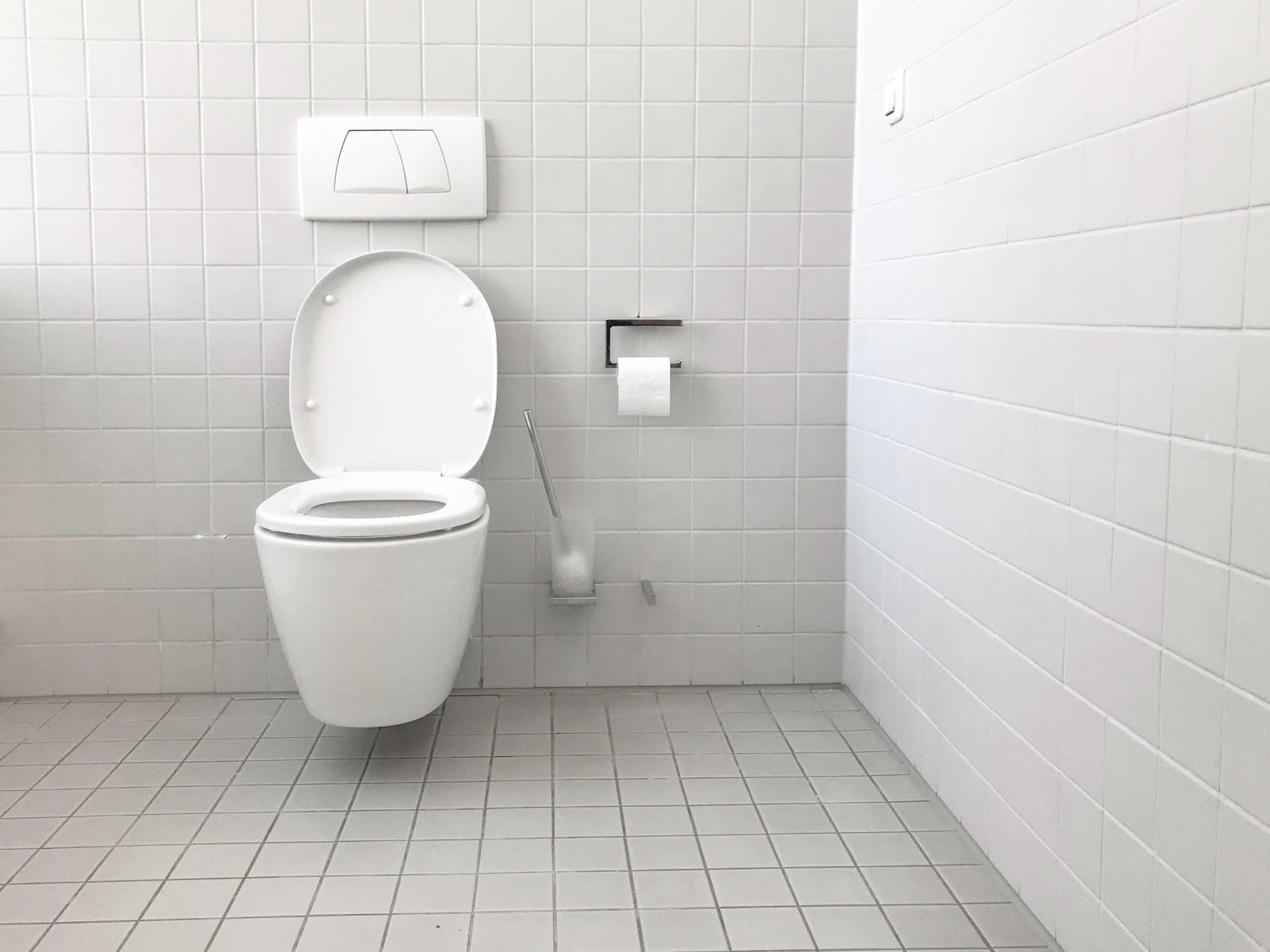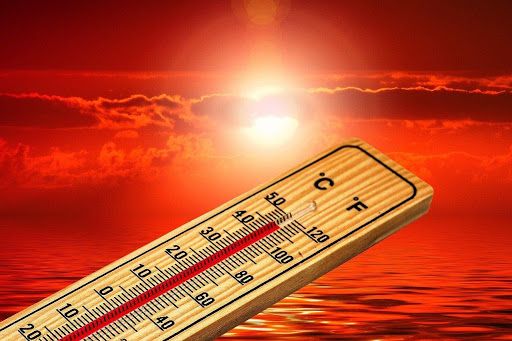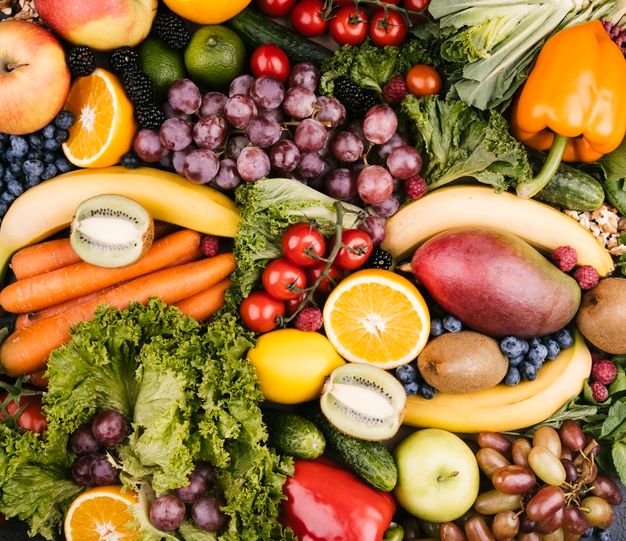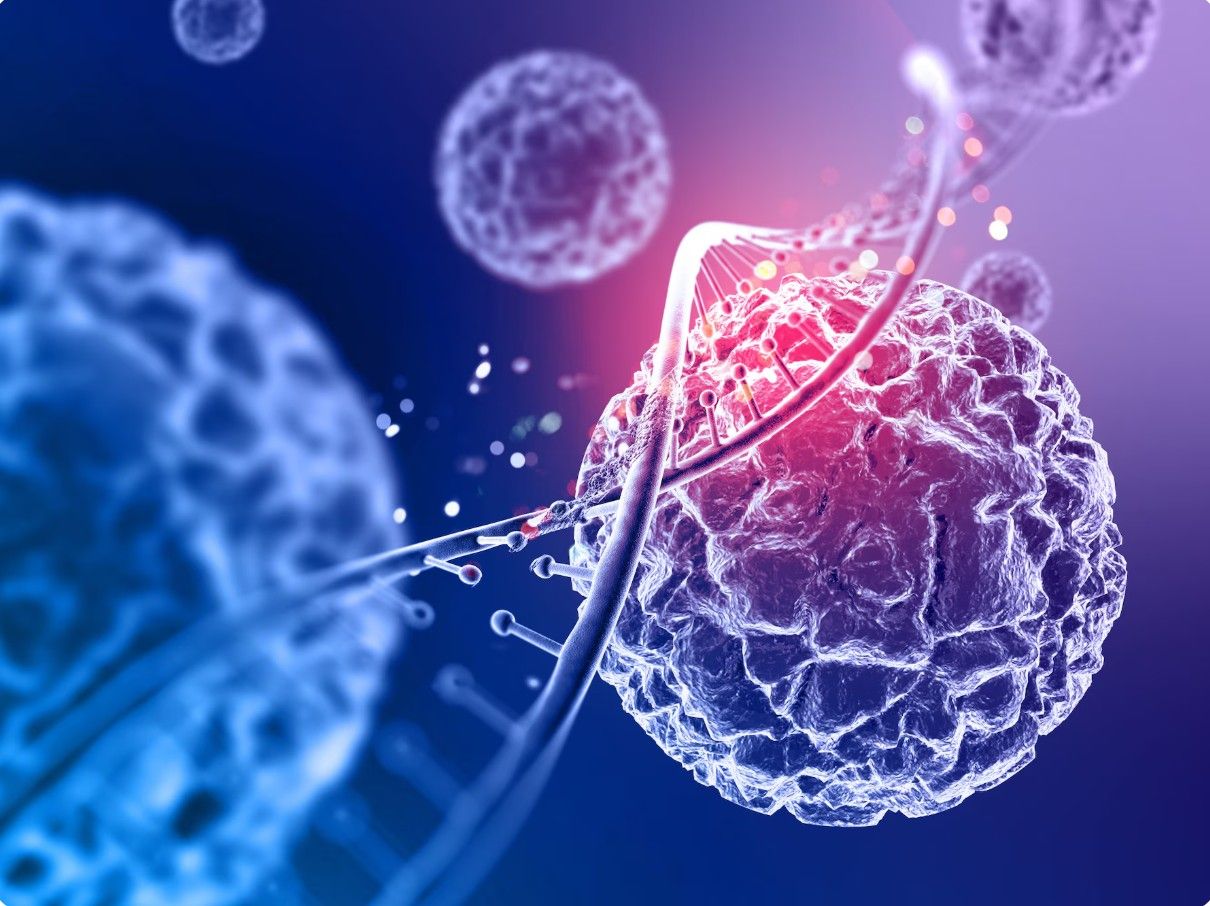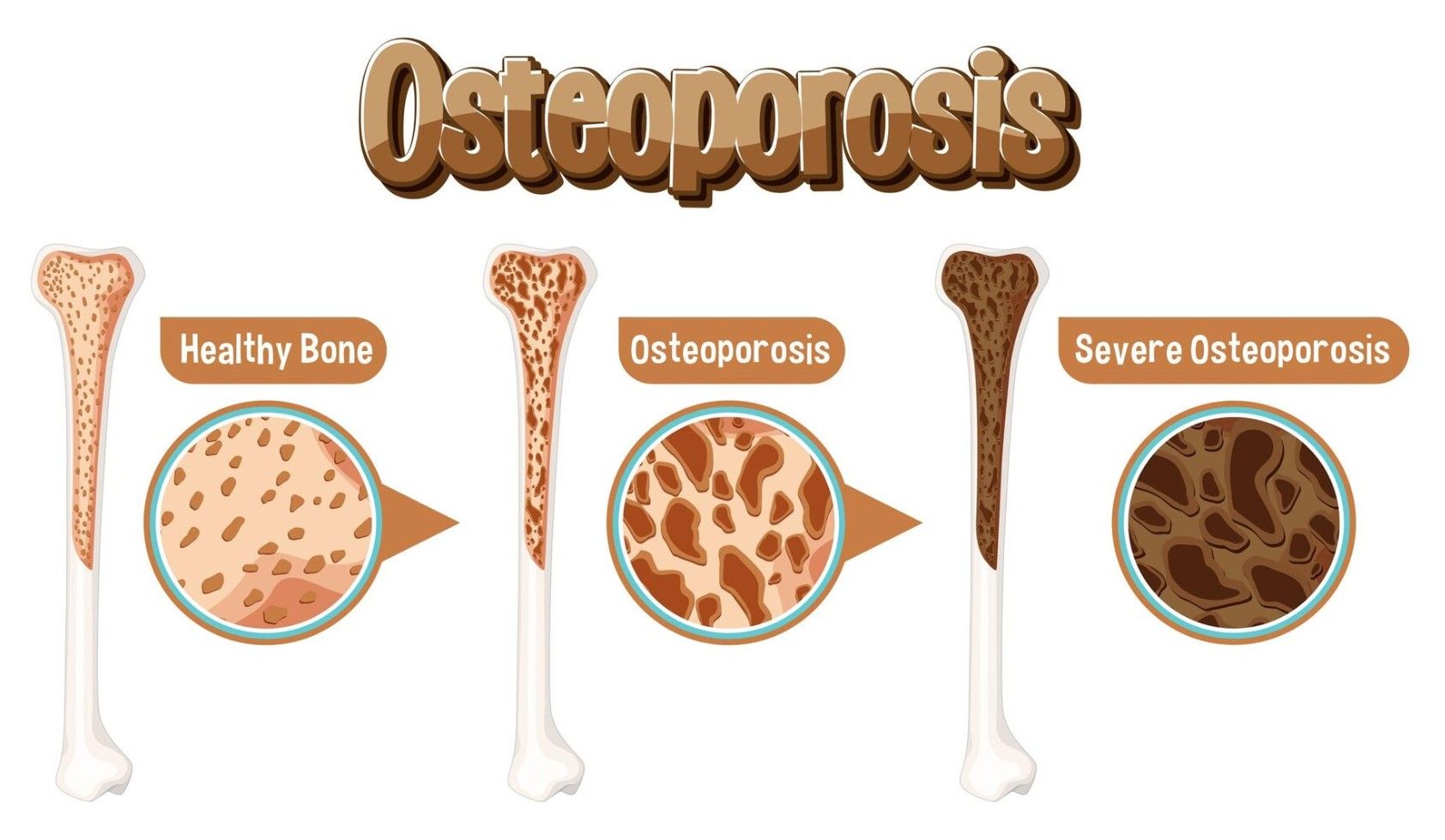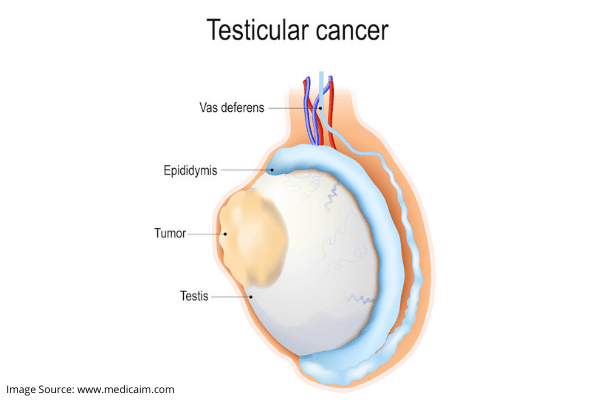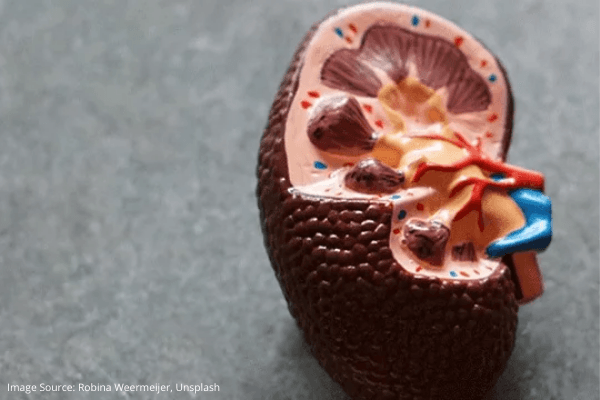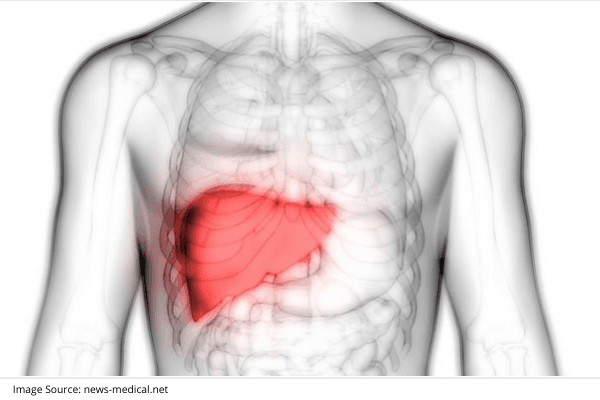High Cholesterol
Cholesterol is a liquid molecule found in the bloodstream. Your body requires cholesterol to form healthy cells, but high cholesterol levels can raise your risk of heart disease. High cholesterol might cause fatty deposits in your blood vessels. These deposits eventually accumulate, obstructing the flow of blood through your arteries. Sometimes, such deposits break unexpectedly and form a clot, resulting in a heart attack or stroke. High cholesterol can be inherited, but it is frequently the result of poor lifestyle choices, making it both avoidable and treatable. High cholesterol can be reduced with a good diet, frequent exercise, and, in some cases, medication.
Symptoms
High cholesterol usually does not cause apparent symptoms. However, if not treated, it might cause major health problems. Here are the main points about its effects:
No Direct Symptoms: Most persons with high cholesterol do not have any immediate symptoms.
Fatty Deposits: High cholesterol levels can develop fatty deposits (plaque) in the arteries, resulting in chest pain or angina.
Heart Disease: Plaque buildup can lead to coronary artery disease, which can produce symptoms such as shortness of breath, exhaustion, and irregular heartbeats.
Stroke Risk: A blockage in the arteries leading to the brain can result in stroke symptoms such as sudden numbness or weakness in the face, arms, or legs.
Peripheral Artery Disease: High cholesterol can cause impaired circulation in the legs, resulting in soreness or cramps when walking.
Xanthomas: Xanthomas are yellowish fatty deposits that grow under the skin, notably around the eyes, and indicate elevated cholesterol levels.
Causes
Cholesterol is transported through the bloodstream and bound to proteins. This mixture of proteins and cholesterol is known as lipoprotein. There are several forms of cholesterol, depending on what the lipoprotein contains. They are:
Low-density lipoproteins (LDL). LDL, or "bad" cholesterol, carries cholesterol particles throughout the body. LDL cholesterol accumulates in your arteries, hardening and narrowing them.
High-density lipoproteins (HDL). HDL, or "good" cholesterol, picks up excess cholesterol and transports it back to the liver.
Diagnosis
A lipid panel or lipid profile is a blood test that checks cholesterol levels and typically reports total cholesterol, LDL cholesterol, HDL cholesterol, and triglycerides. In general, you must fast for nine to twelve hours before the test, ingesting no food or liquids other than water. Some cholesterol tests do not require fasting, so follow your doctor's directions.
Treatment
The first line of defence against high cholesterol is to improve your lifestyle by exercising and eating a healthier diet. However, if you've made these significant lifestyle changes and your cholesterol readings remain high, your doctor may recommend medication. Your age, health, potential drug side effects, and personal risk factors are all factors that influence the medication combination you choose. Medications include statins, PCSK9 inhibitors, bempedoic acid, bile acid-binding resins, and cholesterol absorption inhibitors.
Prevention
The same heart-healthy lifestyle choices can lower cholesterol and help you avoid getting high cholesterol in the first place. To help avoid high cholesterol, you can:
- Eat a low-salt diet that focuses on fruits, vegetables, and whole grains.
- Limit your intake of animal fats and use good fats in moderation.
- Lose excess weight and maintain a healthy weight
- Quit smoking
- Exercise at least 30 minutes every day of the week.
- Manage your stress.
Conclusion
Although high cholesterol is a major risk factor for cardiovascular disease, it can be effectively treated with a combination of medication and lifestyle changes. LDL (bad cholesterol) levels can be significantly reduced. In contrast, HDL levels can be increased by eating a heart-healthy diet, exercising regularly, maintaining a healthy weight, and avoiding tobacco and excessive alcohol. Statins and other cholesterol-lowering medications can help reduce cardiovascular risk for people who cannot achieve optimal control with lifestyle changes alone. Regular monitoring and consultation with doctors are essential for keeping cholesterol levels within normal ranges and improving cardiovascular health. People who take preventative measures can significantly lower their risk of developing heart disease and improve their overall health.
Ten Effective Remedies That You Can Refer to When You Are Suffering from Muscle Cramps
Finally starting off with the gym life can get too overwhelming until you hit those muscle cramps along with the weights.
Skin Tags - Benign Tumor or Cancerous Tumor?
Skin tag if observed is a narrow stalk that hangs about your skin, bulging at the end. They are usually freshly colored and can grow anywhere on your body.
Rotator Cuff Tear
A rotator cuff tear is a rotator cuff injury that can cause shoulder pain and loss of arm function. The rotator cuff is a set of muscles and tendons in your shoulder.
Importance of Parental Counselling
Right from the moment you tell your friends and family about your pregnancy, little hints keep coming your way on parenting your unborn child!
Taking Care of a Terminal Patient? Here Are Six Ways to Help Them to the Fullest
A terminally ill patient is someone who has a relatively short life expectancy. Terminally ill people are usually shifted from an actively curative medicinal regime
Stages of Tooth Decay and Their Treatment Options
Tooth decay refers to the degradation process of the structure of the tooth resulting in permanent damage.
12 Home Remedies for Dry Cough
The flu, common cold, asthma, cigarette smoke exposure, and other conditions can all cause a dry cough. Home remedies such as honey, peppermint, and air purifiers may be beneficial.
Shoulder Dislocation
Shoulder dislocation occurs when the bones of your shoulder joint are pushed or forced out of their normal positions.
5 Facts to Keep in Mind for Your Monthly Menstruation Cycle
Our menstruation indicates multiple activities within your body. Every month, your uterus forms a thicker lining for the ovary to release an egg for a possible pregnancy.
Different Types of Diabetes
Junk food and increasing physical activity are leading to a worldwide epidemic of obesity, resulting in diseases like diabetes
Dilated Cardiomyopathy
Dilated cardiomyopathy is a form of heart muscle illness in which the heart chambers (ventricles) weaken and stretch, becoming bigger.
Hypertension (High Blood Pressure)
High blood pressure, also known as hypertension, is a condition in which the blood flow against the inner walls of the arteries is persistently high.
3 Cosmetic Dentistry Procedures You Did Not Know About
Over the past few years, cosmetic dentistry has undergone significant evolution in society. With the increasing demand for cosmetic dentistry, it is no longer a luxury; it has become a necessity.
5 Lifestyle Changes That Will Help with Your Urinary Incontinence
Urinary Incontinence is quite a painful and embarrassing condition to have. It refers to the loss of bladder control, which can vary from a slight release of urine after sneezing, coughing, or laughing, to a complete inability to control urination.
5 Tips This Summer to Avoid Heatstroke
Certain jobs demand fieldwork in the scorching heat. The warm weather, bright sun, and the blue skies are not always an excellent working environment for them at all.
6 Home Remedies for Yeast and Vaginal Infections
Yeast infection is common among women. You might have had the experience of irritating soreness and itching that prolonged for days due to not knowing about the cause.
Aortic Dissection
An aortic dissection is a tear in the aorta. This is the primary artery that transports oxygen-rich blood from your heart to the rest of your body.
Bariatric Surgery and Weight Loss
Bariatric surgery, also known as weight loss surgery, is performed on individuals suffering from obesity. It involves a variety of procedures that help maintain long-term weight loss and also aid in treating obesity.
Best Foods to Cleanse Your Liver
Your liver is one of the largest organs in your body and its primary function is to filter the system by converting toxins to waste products, cleansing your blood and process various nutrients.
Infertility and its Major Causes and Treatments
Infertility is an issue that’s on the rise – not just in India but all over the world. It’s estimated that, on average, one out of every six couples has had issues with infertility.
Precautions to be Taken to Avoid Eosinophilia
Let’s begin with talking about eosinophils – they are just a type of white blood cells that are laden with reactive chemicals which get released under specific conditions to cause mayhem in the body
What is BMD Assessment and its Significance in Treating Osteoporosis
Osteoporosis is that creepy monster lurking in the dark, waiting to manifest itself as you age and get less active.
Signs of Testicular Cancer
Men have a pair of testicles located in a sac-like pouch called the scrotum. It forms part of their reproductive system and are responsible for sperm production.
Signs and Symptoms of Kidney Stone
Your kidneys are very important organs in the body; they regulate water content, filter waste from blood, and produce hormones.
Treatment For Liver Failure
Treatment for liver failure depends largely on the causative agent; for example of it’s due to hepatitis virus infection, then hydration and supportive care needs to be provided while the body’s immune system fights back. If it’s due to gallstones,
Related Blogs
Ten Effective Remedies That You Can Refer to When You Are Suffering from Muscle Cramps
Finally starting off with the gym life can get too overwhelming until you hit those muscle cramps along with the weights.
Skin Tags - Benign Tumor or Cancerous Tumor?
Skin tag if observed is a narrow stalk that hangs about your skin, bulging at the end. They are usually freshly colored and can grow anywhere on your body.


